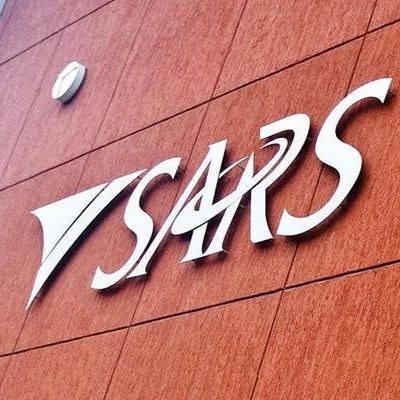Alberton Record
SARS: Excise Duties and Levies

Excise Duties and Levies apply to socially undesirable products such as tobacco, alcohol, and fuel. These products may either be locally manufactured or imported within the borders of the Southern African Customs Union (SACU).
Excise Duties and Levies contributed approximately 10% toward SARS’s revenue collection in the 2024 financial year.
Types of Excise Duties and Levies
- Specific Excise Duties and Levies are based on the quantity or volume of the product, such as the number of cigarettes or litres of fuel.
- Ad valorem Excise Duties and Levies are based on the value or price of the product, such as the percentage of the retail selling price of liquor or cosmetics.
Rates for Excise Duties and Levies
- Rates on Excise Duties and Levies vary depending on the type and category of the product. The rates are usually adjusted annually by the Minister of Finance in the Budget Speech, considering inflation, economic conditions, and social objectives. The current rates of Excise Duties and Levies for the 2024/25 financial year can be found on the SARS website.
Excise Duties are payable by manufacturers and importers of certain products for local consumption and are levied throughout the South African Customs Union (SACU). These duties apply to any alcoholic, tobacco, petroleum, and ad valorem products.
Some levies are not part of SACU’s tax-harmonisation and revenue-sharing arrangements and are unique to each SACU member state. For example, South Africa imposes:
- Fuel levy and Road Accident Fund levy on fuel and petroleum products.
- Environmental levy on products such as plastic bags, non-renewable electricity generation, incandescent lightbulbs, motor vehicle CO2 emissions, and tyres.
- Health promotion levy on sugary beverages and preparations and concentrates to produce such beverages.
- Domestic greenhouse-gas emissions subject to carbon taxation.
Registration, Declaration, and Payment
Manufacturers of products subject to levies in South Africa must register and obtain a licence from SARS for excise purposes before they start manufacturing. These Duties and Levies are self-assessed by the client for each periodic excise return and, depending on the product, the manufacturer will pay levies to SARS monthly, quarterly, or yearly.
How to register and comply with excise and duties requirements:
- Complete the DA185 form (found on the SARS website) and the relevant annexures to register for a licence to be a customs and excise client. On your form, indicate the SARS Customs region where the excise code will be allocated.
- Comply with the conditions and requirements for excise manufacturing or importing, such as security, record-keeping, and marking of products.
- Submit excise returns and payments to SARS by the due date.
- Keep accurate records of your excise transactions and products for at least five years.
- Report any changes in your excise activities, such as termination, relocation, or transfer of business within the prescribed time frame.
Note: All licensees must be registered for eFiling. The submission and payment of accounts can be made only through eFiling.
Non-compliance Penalties
- SARS will impose penalties and interest for non-compliance with tax law.
- SARS can also resort to criminal prosecution, or suspend or cancel manufacturers’ deferment account, registration, license, accreditation, or designation.
Don’t Forget Employer Filing Season Deadline!
SARS thanks all employers who have already filed their annual reconciliation declaration (EMP501) and the IRP5/IT3(a) certificates for the period 1 March 2023 to 28 February 2024. We urge those who still need to file to do so on or before the deadline on 31 May 2024.
#YourTaxMatters















